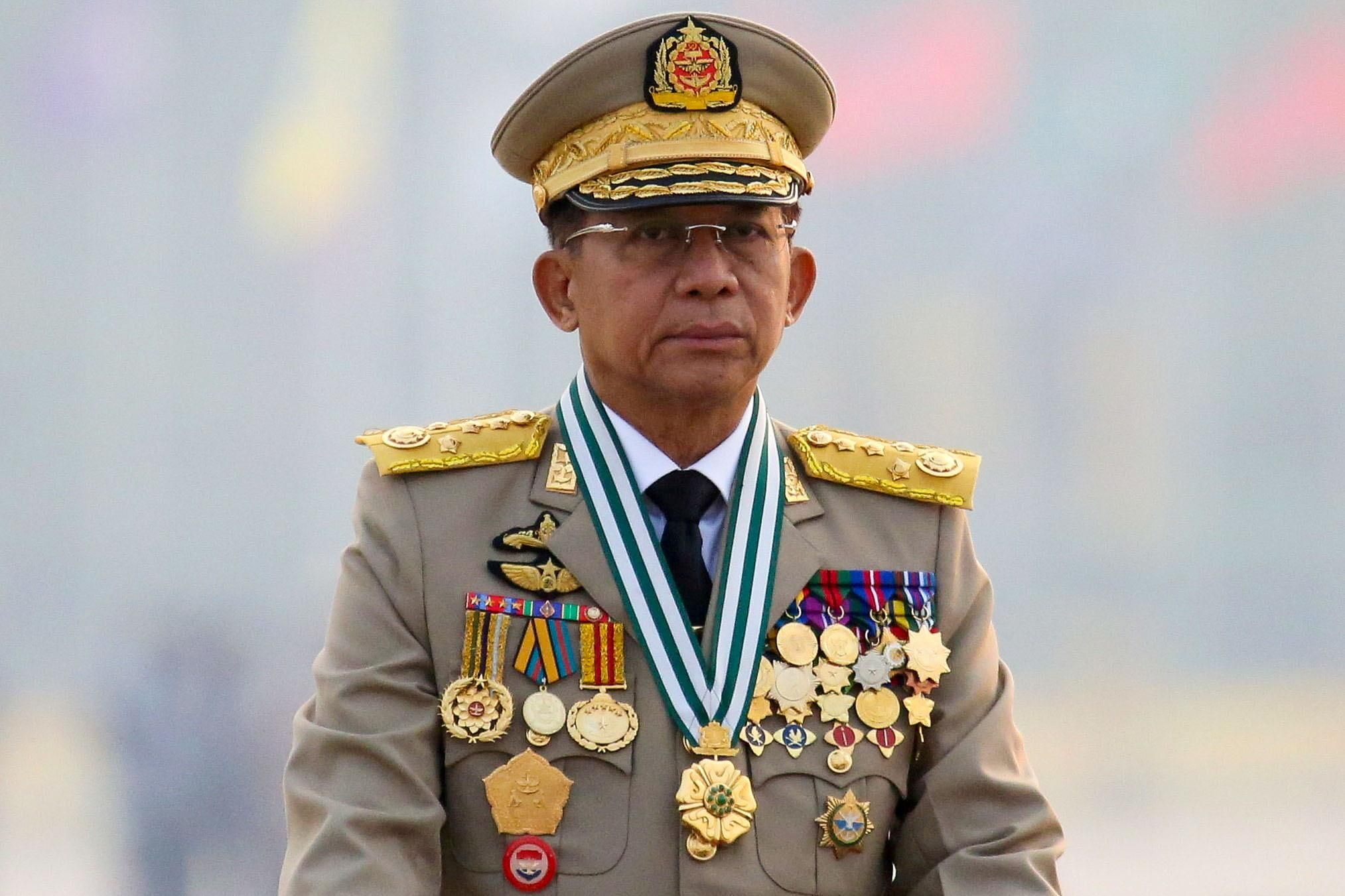What We’re Watching: ASEAN shuts out Myanmar, Russian hackers strike again, Afghans risk winter starvation
ASEAN gets tough(ish) with Myanmar: The leaders of the 10-member Association of Southeast Asian Nations meet Tuesday for their annual summit with one notable absence: the head of Myanmar's military junta. It's a rare snub from ASEAN, a regional bloc that's gotten a lot of heat in the past for giving tyrants a free pass. The junta says ASEAN violated its traditional principles of deciding by consensus by disinviting its leader, and non-interference in domestic affairs for demanding the bloc's special envoy meet detained former leader Aung San Suu Kyi. For their part, the other ASEAN members have grown visibly alarmed at Myanmar's rapidly deteriorating political and economic situation since the February coup, and they're worried about the spillover effects of Myanmar becoming a failed state. More importantly, Myanmar is a big thorn in ASEAN's side as it walks a fine line between keeping warm ties with the US — which most members want cash and security from — and getting along with China, one of Myanmar's few remaining friends and viewed with suspicion by most ASEAN members over its South China Sea shenanigans.
Another big Russian hacking operation: Hack me once, shame on me. Hack me twice? Just months after US President Joe Biden slapped sanctions on Russia over a massive Kremlin-backed hacking campaign that targeted US businesses and government agencies, the Russians are at it again. Microsoft, which is increasingly functioning as a de-facto cybersecurity department of the US, says Russia's powerful SVR foreign intelligence agency is behind a new, "very large" and "ongoing" operation to swipe cloud data from US government agencies, think tanks, and corporations. On the one hand, operations like this are now run-of-the-mill cyber-spying, which all governments (including yours, wherever you are) do to each other. But the optics of the Kremlin launching a massive operation of this kind just six months after Biden deliberately soft-pedaled Russia sanctions in an effort to "de-escalate" US-Russia tensions… are NOT good.
Afghanistan faces starvation: The UN's World Food Program has warned that without urgent action, more than half of Afghanistan's 38 million people are at risk of starving this winter. Since the Taliban took over the country in August following the US withdrawal, the country has fallen into an economic tailspin. That's partly because Western donors and international lenders — who are loath to recognize the Taliban — have cut the flow of foreign aid, which accounts for up to 40 percent of Afghanistan's GDP. The WFP says that it needs more than $200 million a month to meet the food needs of the country. Last week, the IMF warned that Afghanistan's economic collapse could generate a fresh and regionally destabilizing migrant crisis.